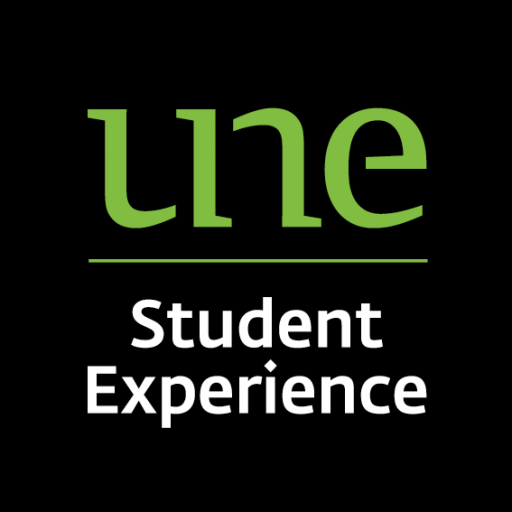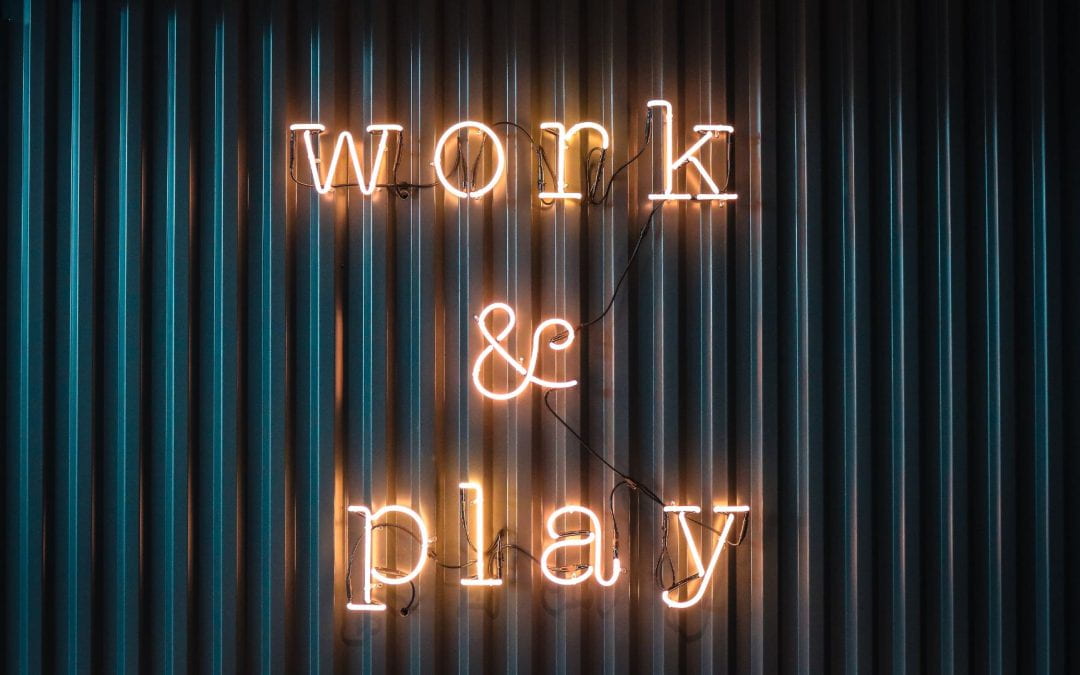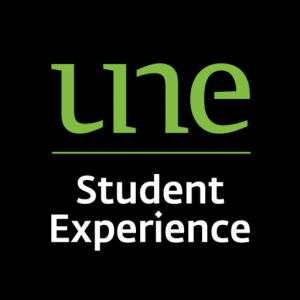It seems a bit strange for World Mental Health Day to be something we celebrate in the middle of the stressful exam period. At first glance, taking care of ourselves mentally and studying as hard as possible for our exams are things that are enemies of each other and often we “sacrifice” one for the other. Certainly, the things that often help our mental health don’t always involve studying. But do they need to be enemies?
The truth is that a lot of our long-term mental health comes less from being “happy” and more from having “meaning” in our lives, which in turn gives a deeper happiness. We can sometimes make ourselves “happy” by scrolling Facebook or playing that video game instead of studying for the upcoming exam, but that is often followed by guilt, worry and fear for the lost time and lack of studying. This can create a cycle by worsening your mood, leading to a greater desire to distract yourself from that and make yourself “happy” by scrolling longer, and so on…
How do we fight this pattern?
1. Recognise that studying has meaning for us and therefore brings longer-term happiness!
This is hard to trust in the moment of exams and, let’s be honest, sitting exams isn’t something most of us find fun! But, sitting exams is one step and one part of the bigger picture of gaining your degree, which is not only an achievement in itself but also one step on your path to knowledge, and a job that you find meaningful.
So really, even though I don’t “want” to revise and sit exams, I do want the bigger whole of what sitting an exam is a part of!
2. Recognise what is truly most effective for your studying!
That cycle of guilt and distraction kicks in because we feel to do our best, more is always better. The more hours I put into my study the better I will do, any time not spent studying is lost time that will drag down my exam. After all, “it’s only one week until the exam, I can rest after that!” While this is what our anxious mind tells us, deep down we know it isn’t true. Rest, down-time, healthy eating and socialising are all critical parts of improving our alertness while studying, processing and retention of information (which actually happens a lot in our sleep!) and preparedness to perform well in the exam. Ok, going out the night before your exam might not be the best idea, but neither is seeing nobody for 3 weeks while you revise.
Change your view of the non-studying periods from “nothing” time to positive “recovery” time and find that optimal balance.
3. Recognise what you plan to do and do it wholeheartedly!
Study isn’t really study when you are spending it looking at your phone instead of the book. Equally though, rest isn’t really rest when you spend it feeling guilty about not studying and thinking about all the work you still have to do. Both of these patterns mean whatever you are doing whether studying or not, is not having a positive impact on what you are trying or what you’re not trying to do in that moment. Notice when those thoughts and distractions come in, take steps to eliminate those temptations and bring your focus back to what you are doing now, even if that is playing that video game, or watching that Netflix show. Enjoy that to the fullest, then come back to study well rested and in a better head-space, because that is better for your study than doing it with guilt about not studying.




